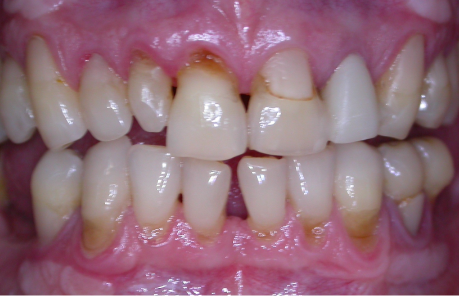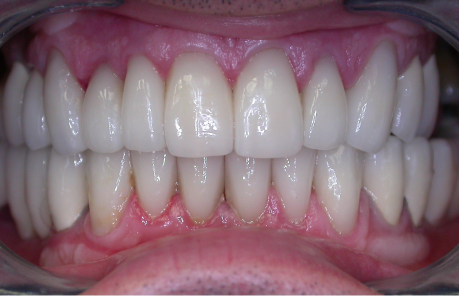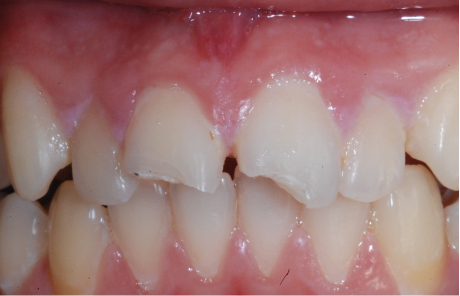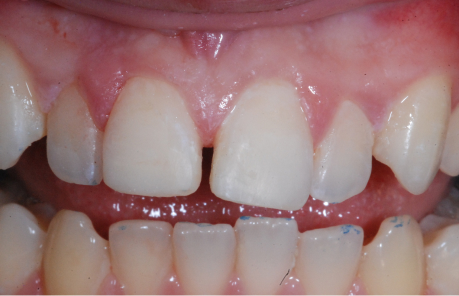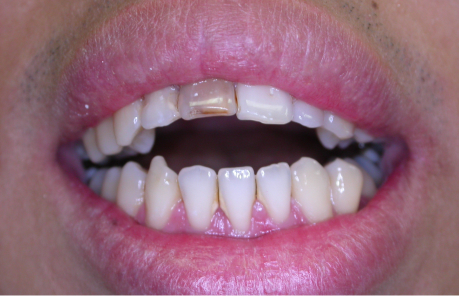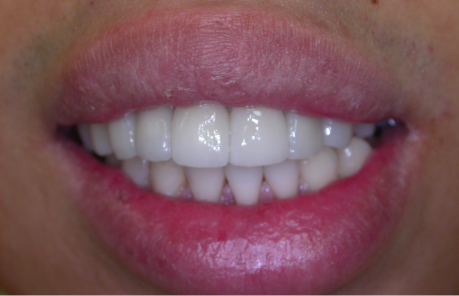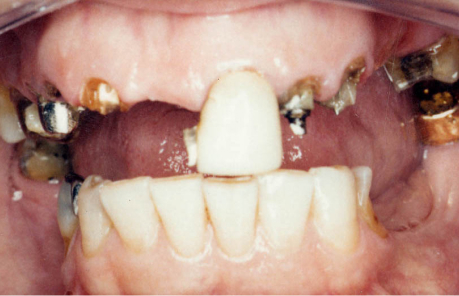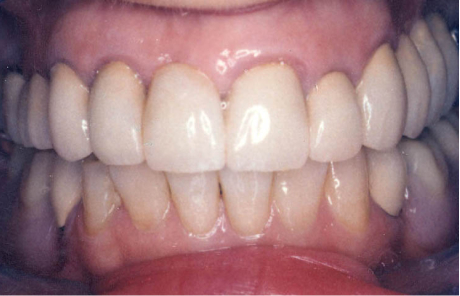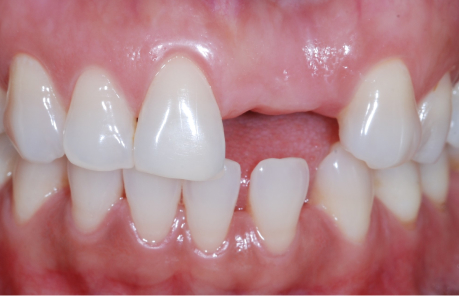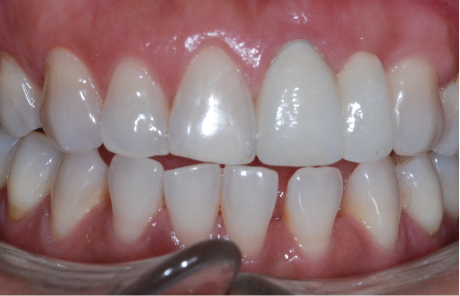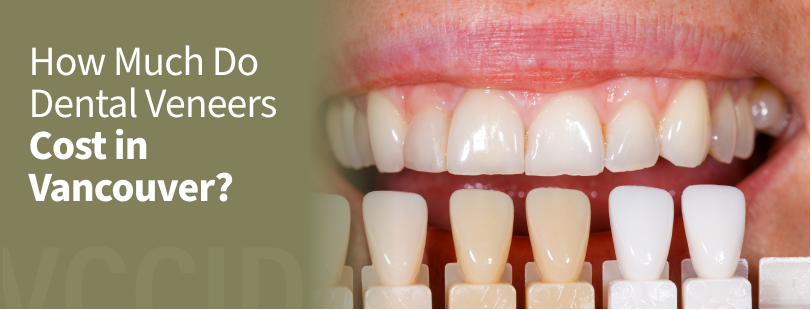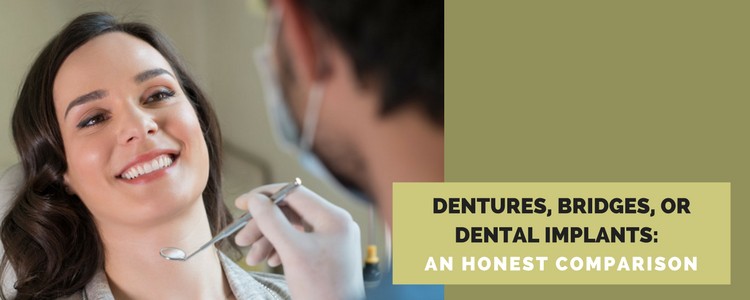Here in Canada, we’re fortunate to benefit from the Canada Health Act (CHA), where a majority of our health needs are covered by the government. It gives an incredible peace of mind to know that if a health emergency were to happen, that we would get the care we need.
However, general oral care isn’t covered under the CHA. Instead, you’ll generally need to get care at private clinics like ours which still require insurance or paying out of pocket. What happens then if you have an immediate dental need that isn’t cheap? Here’s how to budget for a dental emergency.
1. First, check to see if you can get coverage through government dental programs.
If you’re in need, you may be surprised that you meet the requirements for some governmentally funded dental programs. You must check with your province specifically to see if you qualify. If you belong to one of these groups, it’s possible that you can get some assistance.
- Seniors
- Low-income families
- Special Needs
- Children
- First Nations
The availability of these dental programs is going to vary according to the funding they receive. To know what’s accessible in your province, you need to do some research. Checking out the Canadian Association of Public Health Dentistry is a great place to start. Overall, you’ll have a higher chance of finding a clinic that provides these services if you live in a low-income area.
2. If you can, get insured before the emergency.
Dental insurance may cost you a bit monthly, but it’ll definitely cut down on costs if an emergency happens. Don’t wait until you have a problem because pre existing conditions may not be covered. Though it may seem inconvenient to pay monthly for dental insurance if you have healthy teeth, it’s far better to have a safety net than to be blindsided by costs in the case of an accident or surprise cavity!
3. Explore dental schools.
If you don’t qualify for a government program and are uninsured, then dental schools may be an option, particularly if you live in an area close to a school. At a dental school, there are students who need to build experience and can probably provide the care you need at a lower cost. Some people may hesitate to have a student working on them, but if you consider everything has to be checked and verified that it is up to current standards, and that there is a wealth of experienced dentists/instructors “looking over their shoulder”, you are truly in good hands. The biggest drawback with school based dentistry is the additional time required to get treatment completed.
4. Save, Save, Save!
Although this sounds so “simple” it is not always so simple….as the saying goes there always seems to “more month than there is paycheck” and obviously food, clothing and shelter take priority over many things, often times our oral health.
If you don’t qualify for government assistance or can’t find a dental school/free clinic in your area that can assist you, then hopefully you have adequate income that can cover some basic costs if you budget monthly. Here are some things you can do to make sure that when a crisis comes you’re not left scrambling for the funds to cover it.
- Set aside money every month in a savings account for dental health emergencies. Even if you have just an extra $20 that you can stick into a bank account from every paycheck, do it. Over time, this money will accumulate and be a great help to you in your time of need. The most challenging part for all of us is avoiding dipping into our emergency fund when something else comes up.
- Examine your budget and cut out unnecessary expenses. Unfortunately If you find that you can’t save much, then you may need to create more margin in your budget. There are plenty of smart financial moves you can make to create more “wiggle room” in your budget, however each of us has to make that decision of how best to accomplish this.
- Speak to your dentist. Ask your dentist regarding options, both for the short term as well as long term. Dental emergencies usually involve infection, a broken or painful tooth. There may be more than one option available to get you comfortable and stabilize the situation. Although it may not be a good long term solution we can often provide a temporary fix until a person either has insurance coverage, available funds or been able to make a proper long term decision without the duress of being in pain and discomfort. And I truly believe that the vast majority, if not every single dentist, has the empathy to help those in need. Some may help by volunteering at a free or reduced fee clinic; others may be able to assist with financial arrangements, reduced fees etc. Although we all have expenses and overheads to cover dentists are trained and geared to help others , particularly in emergency situations.
Lastly I believe we live in a world of abundance provided by our Creator, and if we can stand in that truth and place our trust and faith in Him, provision does come.
Dental Emergencies in Vancouver
If you have a dental emergency, contact us right away. We’ll do our utmost to assist you or direct you to resources to get you the help you need. When you detect a problem with your teeth, don’t delay. Every minute counts if you want to save a tooth or guard your mouth from further health problems.

